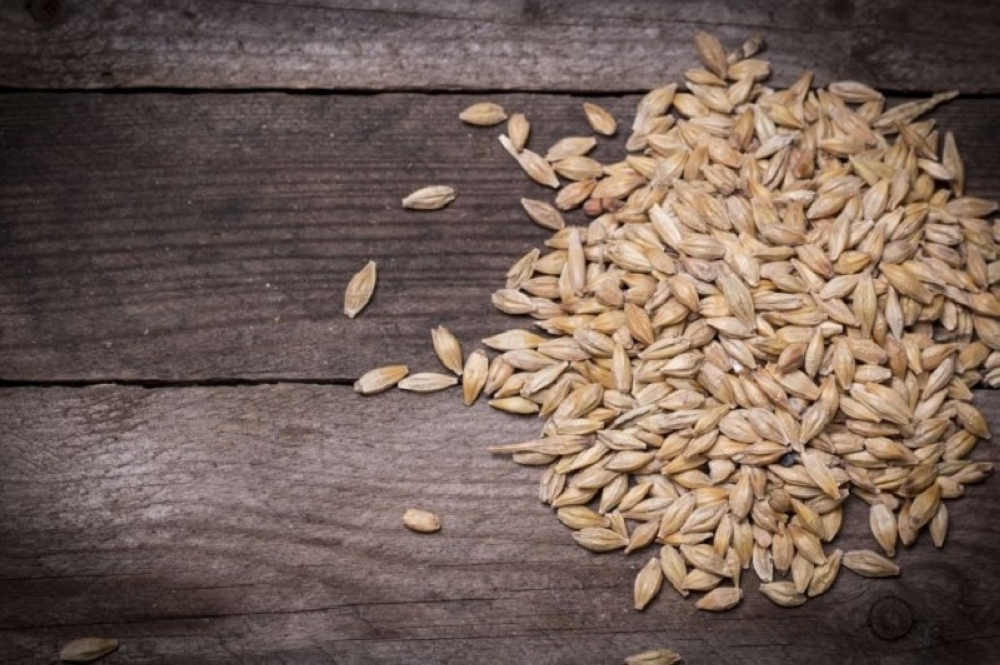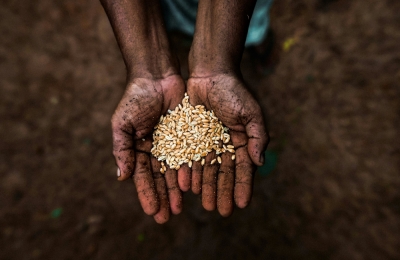KUALA LUMPUR, Feb 4 — For centuries, Malaysian farmers have relied on seed sharing to grow food and sustain their communities.
Now, a proposed law threatens to criminalise this ancient practice, sparking fears of losing control over their livelihoods and food security.
The Anwar administration is expected to table the Crop Seed Quality Bill in February’s Dewan Rakyat sitting, amid protests from smallholder farmers and civil society groups.
Civil society organisations like the Malaysian Food Sovereignty Forum (FKMM) argued that the Bill would strengthen the grip of large agro-corporations on food production, undermining the rights of small farmers and jeopardising Malaysia’s food sovereignty.
At the core of the controversy is the concern that the Bill’s licensing requirements could disrupt the long-standing tradition of seed sharing, a vital practice that has supported farming communities for generations.
Malay Mail explains the controversy and why farmers are fighting hard to preserve seed-sharing.
What is the Crop Seed Quality Bill?
The idea for a seed control law has been discussed since the Najib administration, but the final draft was only completed in 2019 under the first Pakatan Harapan-led government.
According to news reports, the Bill aims to regulate the production, certification, and distribution of crop seeds in Malaysia.
However, farmers and food security groups like the FKMM argue that the Bill is deeply flawed.
One of the most contentious provisions is the proposed licensing of seed distribution and certification, which can only be obtained after expensive laboratory tests.
Critics say this could effectively make seed-sharing illegal, criminalising farmers who exchange seeds informally.
If the Bill is passed, farmers caught selling, trading, or exchanging seeds could face fines of up to RM20,000.
The steep penalty, they argued, would effectively narrow a farmer’s options and force dependence on commercial seeds that are usually genetically engineered to yield better only if fertilisers and pesticides manufactured by the same producer are used.
But seed quality control also has its benefits.
Because seeds are commercialised on a large scale by companies who produce them with unknown methods and in unknown locations, laws become necessary to combat fraud, counterfeiting, bad quality seeds that do not germinate or carry diseases.
The Malaysian CSO-SDG Alliance said it’s crucial to find balance so a seed quality control policy may not be misapplied and end up criminalising farmers instead of protecting and nurturing them.
The case for seed quality control
Proponents of the Bill argue that seed quality control is necessary to combat fraud, counterfeiting, and the distribution of low-quality or diseased seeds.
Large-scale commercialisation of seeds has made it difficult to ensure their quality and safety without regulation.
The Malaysian CSO-SDG Alliance stressed the need for balance so a seed quality control policy may not be misapplied and end up criminalising farmers instead of protecting and nurturing them.
What is seed sharing?
Seed sharing is a practice of exchanging seeds either directly between crop growers or through local seed swaps, a practice historians said have existed as long as 12,000 years ago.
Farmers exchange seeds saved from their best plants, ensuring strong crops for the next season.
This practice is especially common among smallholder farmers who rely on open-pollinated varieties (plant varieties produced through natural breeding processes) that allow for seed reproduction.
Seed swaps are typically informal, relying on personal connections and established networks within farming communities.

Farmers said seed sharing helps circumvent that because they have more genetically-stable alternatives, since seeds saved from locally grown plants tend to perform better in that specific climate and soil conditions. — AFP pic
The benefits of seed sharing
Seed sharing allows small farmers to choose what they grow, reducing dependence on commercial seed monopolies, a view held by both farmers and civil society groups that promote sustainable agriculture from around the world.
The late Esiah Levy, who founded the influential SeedsShare, a UK-based community fighting to preserve seed swapping from commercial price-outs, said who controls seed distribution essentially “controls our food”, which is why since the 1980s, big agro firms have tried to exert control over who gets the right to distribute them.
This has led to the flushing of genetically-modified seeds, which Levy argued are intentionally designed to be unstable so farmers would have to continue relying on them.
Farmers said seed sharing helps circumvent that because they have more genetically-stable alternatives, since seeds saved from locally grown plants tend to perform better in that specific climate and soil conditions.
For consumers, this means better food security as sharing ensures that farmers and communities have access to a variety of seeds even if commercial sources become unavailable.
This runs contrary to how Big Agro operates, that is to concentrate only on a few crops that yield the most profit.
Industrial mono-crop agriculture has been blamed for large-scale deforestation and the planet’s reducing biodiversity.
While seed sharing empowers farmers and strengthens food security, concerns remain over seed quality, fraud, and the spread of plant diseases — issues that proponents of the Bill argue require stricter regulation.







